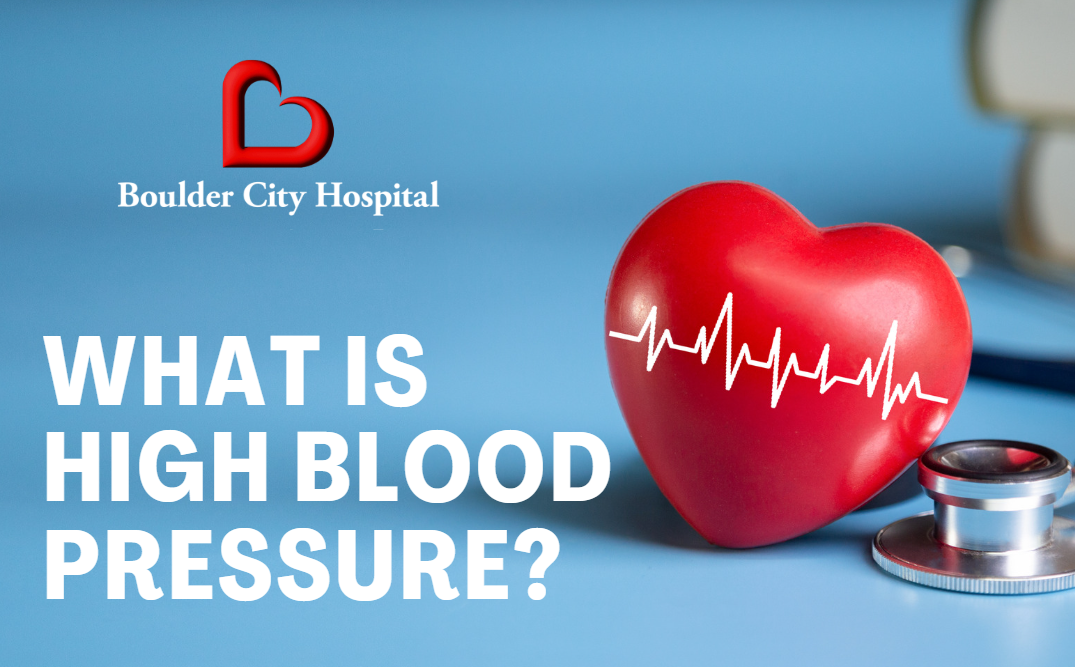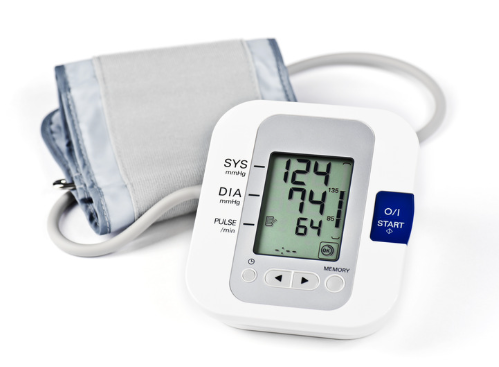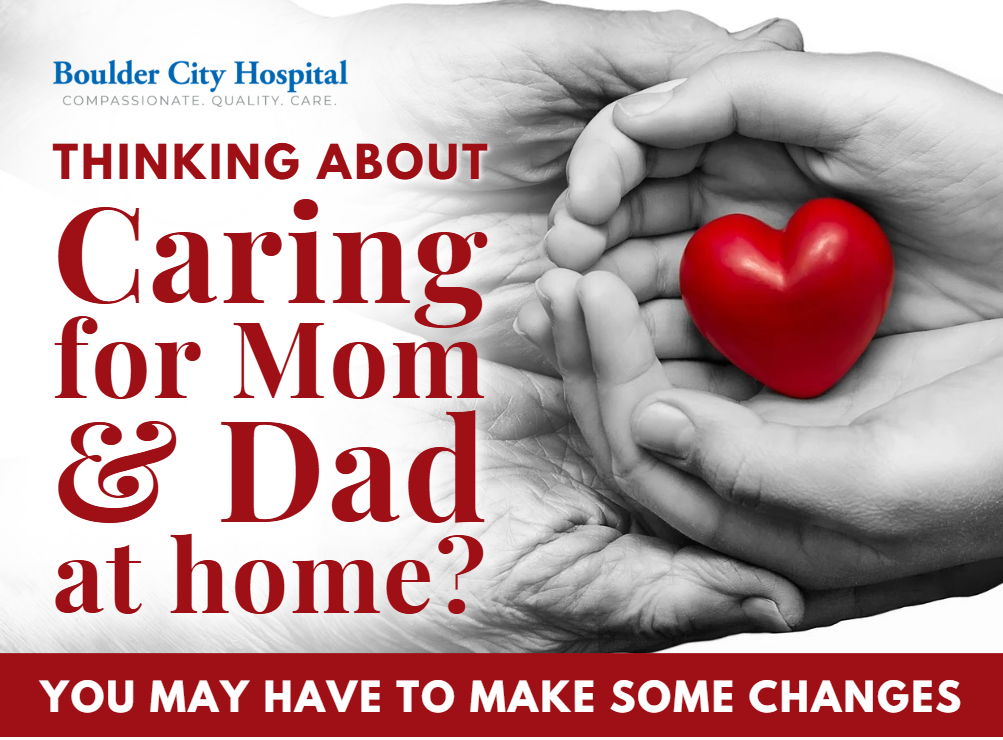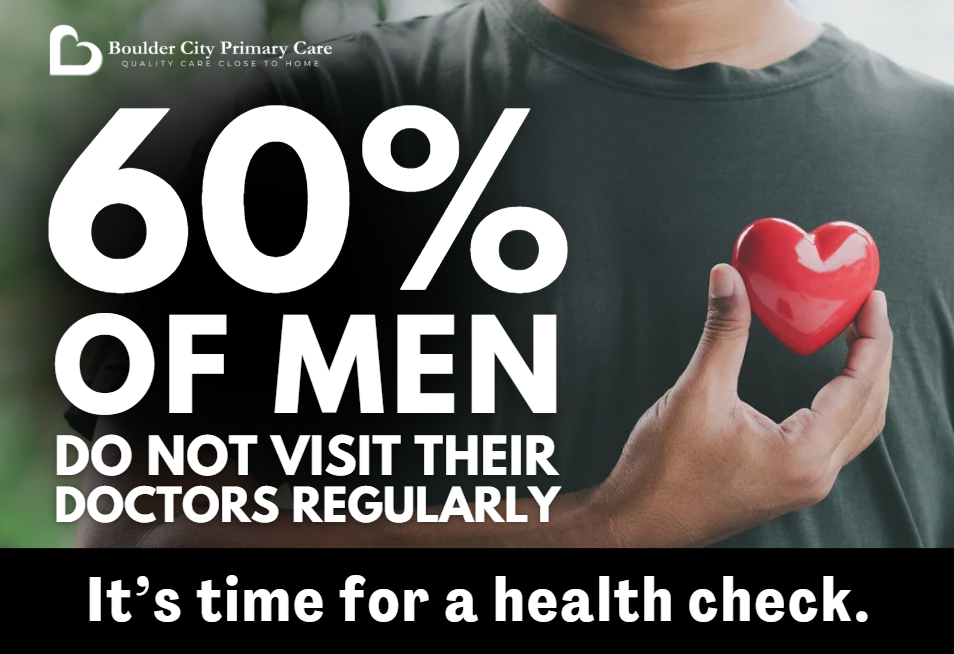
The Centers for Disease Control and Prevention define high blood pressure as the pressure of blood pushing against the walls of your arteries. Arteries carry blood from your heart to other parts of your body. Your blood pressure normally rises and falls throughout the day.
The Centers for Disease Control and Prevention (CDC) reports that regular handwashing is one of the best ways to remove germs, avoid getting sick, and prevent the spread of germs to others.
What do blood pressure numbers mean?
 Blood pressure is measured using two numbers: The first number, called systolic blood pressure, measures the pressure in your arteries when your heart beats. The second number, called diastolic blood pressure, measures the pressure in your arteries when your heart rests between beats. If the measurement reads 120 systolic and 80 diastolic, you would say, “120 over 80,” or write, “120/80 mmHg.
Blood pressure is measured using two numbers: The first number, called systolic blood pressure, measures the pressure in your arteries when your heart beats. The second number, called diastolic blood pressure, measures the pressure in your arteries when your heart rests between beats. If the measurement reads 120 systolic and 80 diastolic, you would say, “120 over 80,” or write, “120/80 mmHg.
The higher your blood pressure levels, the more risk you have for other health problems, such as heart disease, heart attack, and stroke
What is high blood pressure (hypertension)?
High blood pressure is blood pressure that is higher than normal. Although your blood pressure changes throughout the day based on your activities, having blood pressure measures consistently above normal may result in a diagnosis of high blood pressure (hypertension). Speak with your healthcare provider about your blood pressure.
Mayo Clinic’s 10 Ways to Control High Blood Pressure
 Lose weight
Lose weight- Exercise regularly
- Eat a healthy diet
- Reduce salt (sodium)
- Limit alcohol
- Quit smoking
- Get a good night’s sleep
- Reduce stress
- Monitor your blood pressure at home and get regular checkups
- Get support. Speak to your healthcare provider.
Speak to your healthcare provider today about your heart health.
We’re here for you, when you need us.
901 Adams Boulevard, Boulder City, NV 90005
Phone: (702) 293-4111


